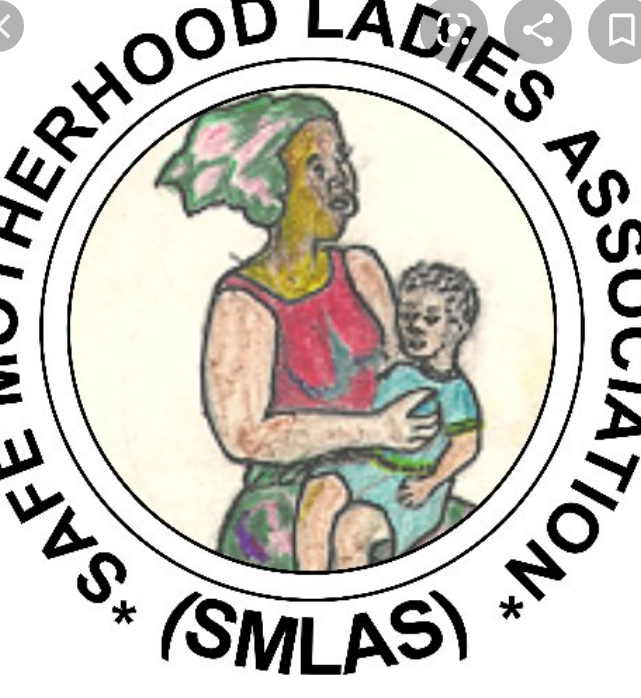A survey carried out by a non- governmental organization, Safe Motherhood (SMLAS), in Ikwo and other local government areas of Ebonyi state, has revealed why women die during delivery.
It revealed that prolonged obstructed labour, is responsible for 32% of maternal deaths in Ebonyi State and south east Nigeria. A situation which can lead to postpartum haemorrhage.
Stating that postpartum haemorrhage also contributes to 36% of the reason women are dying while giving birth in Nigeria.
This was revealed on Monday during a dissemination meeting (virtual) on maternal Deaths Community data in Ebonyi State.
Safe Motherhood with support from Nigeria Health Watch on Monday, November 30th organised a virtual meeting on why women die while giving birth in Nigeria including Ebonyi State.
According to the report, “In the Ebonyi State baseline survey, 18 women were randomly selected from a pool of pregnant women attending antenatal care (ANC) classes and nursing women attending postnatal care (PNC) classes.
“These women were engaged on focus group discussions. The results of the Ebonyi State baseline surveys are fully dependent on the response from these women.
“In Ebonyi State, according to results of the community- informed maternal death review, postpartum haemorrhage contributed to 36% of recorded maternal deaths closely , followed by prolonged obstructive labour, which was responsible for 32% of all maternal deaths recorded.
“Also, convulsions contributed to 13% of all maternal deaths in Ebonyi State followed by infections from fever at 4% and complications from abortions at 2%”.
Further investigation revealed that, Cultural beliefs are impeding women’s ability to seek health facility for medical care during births.
Also widespread cultural belief by women in Ebonyi is that women who have caesarean sections are weaklings. The women believe that they must deliver as the “Hebrew Woman”, revered in the pages of the Bible’s Old Testament.
Dr Daniel Umezurike, Commissioner for health in the State, in his presentation noted that Women must be supported in their demands for access to health care facilities to enable trained midwives give them proper medical care.
He said Statistics alone are not driving home the message and leading to behavioural change.
“Health facilities exist; however, health education and community sensitization are crucial to ensuring that women and their families are empowered to alter their health-seeking behaviours to enable them to give birth in better conditions and prevent maternal death”, he added.
Vivian Ihekwazu, managing director, and a health communication and advocacy Organisation based in Abuja, “Nigeria health watch”, in her remarks, stated that there is wide spread perception among women in Ebonyi that only women with complications ever need to visit a health facility during pregnancy. Ends

